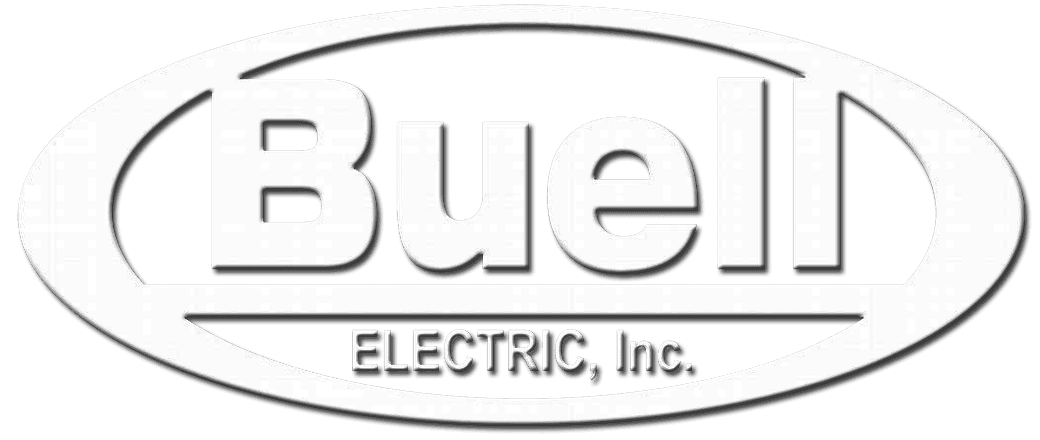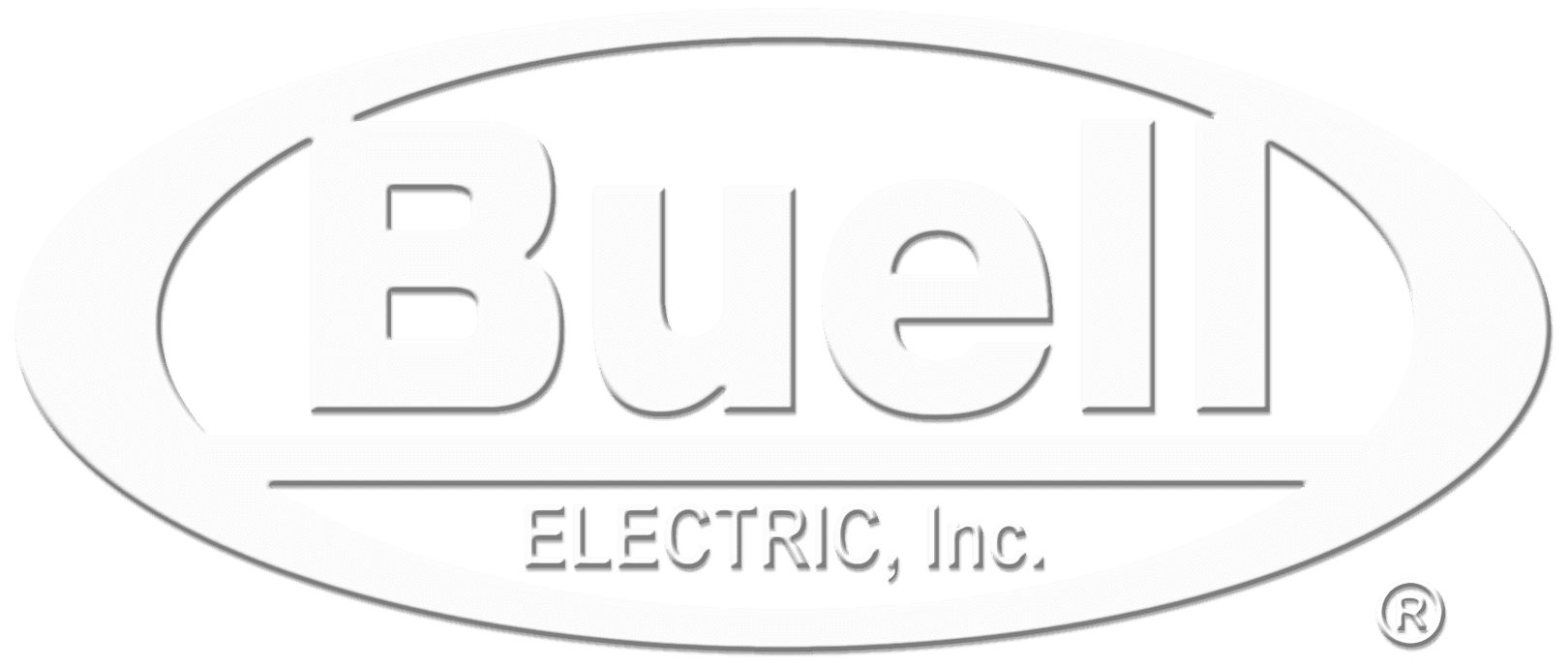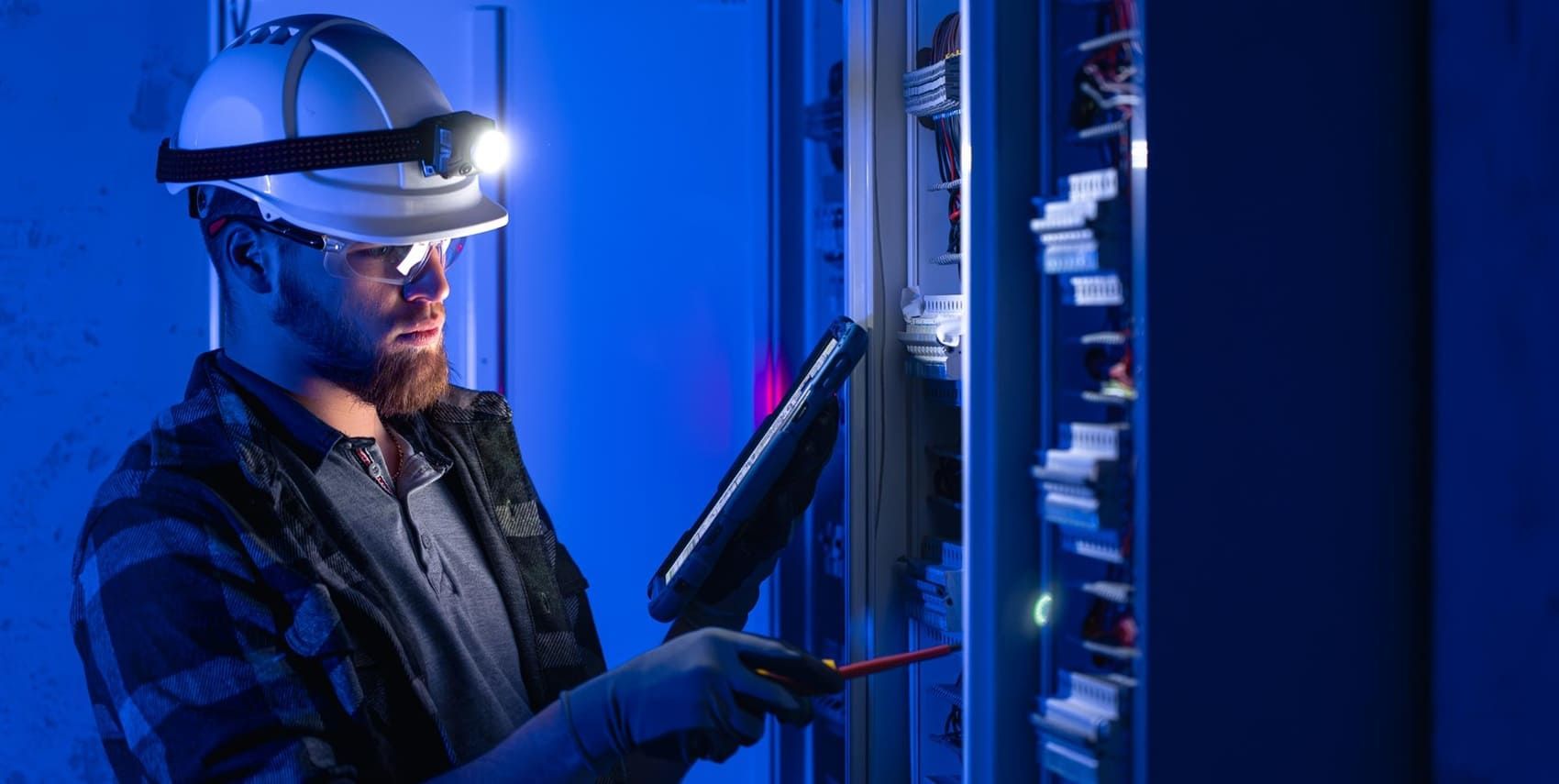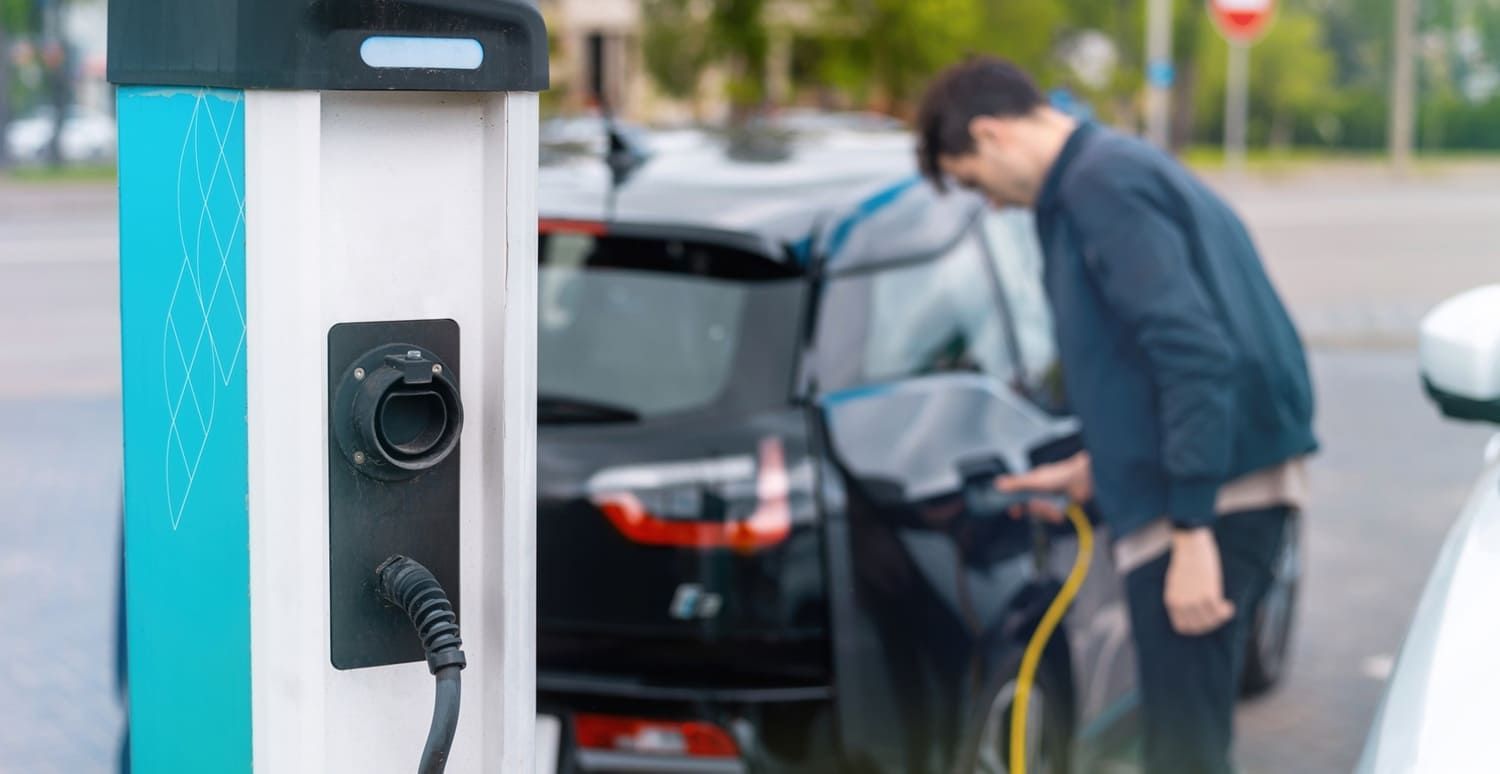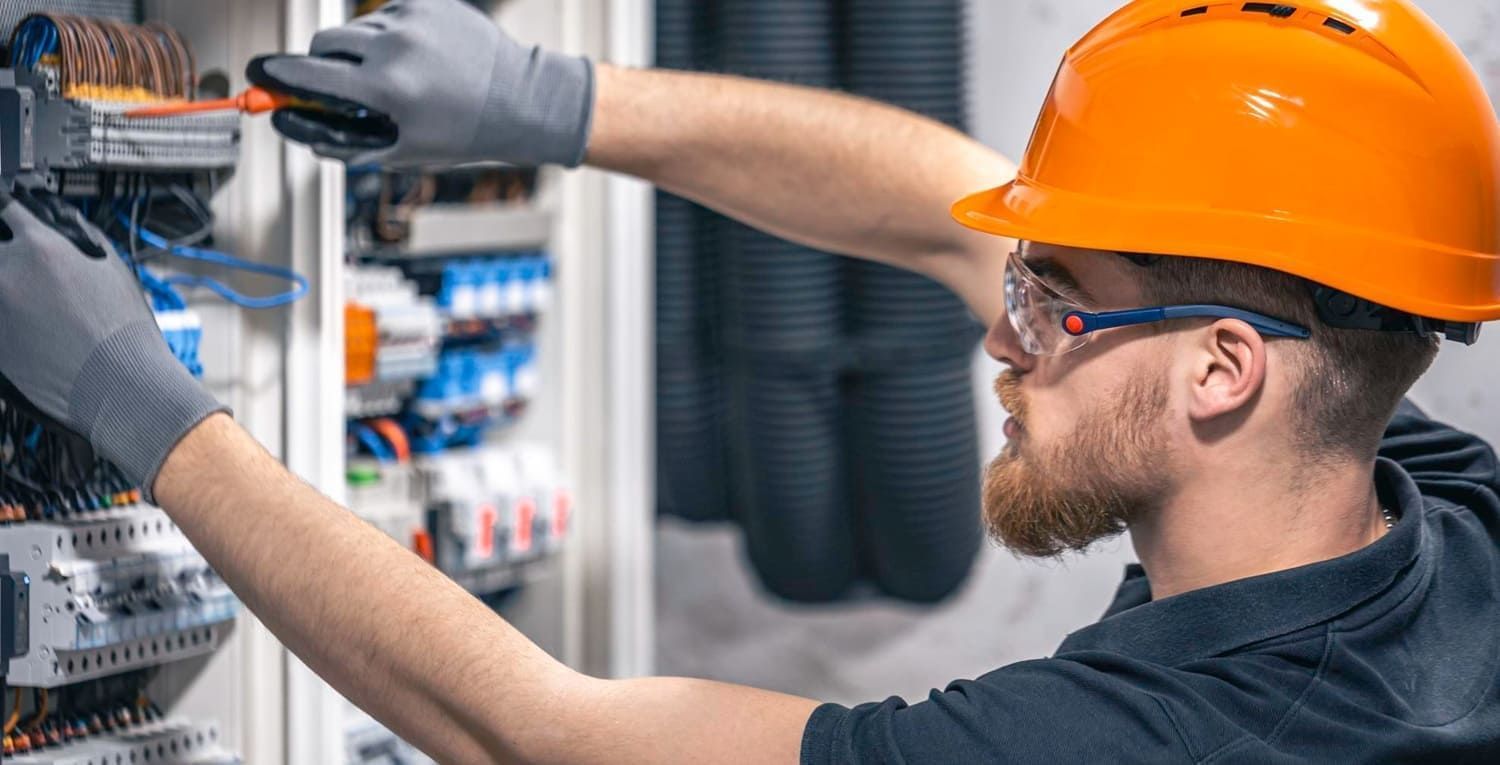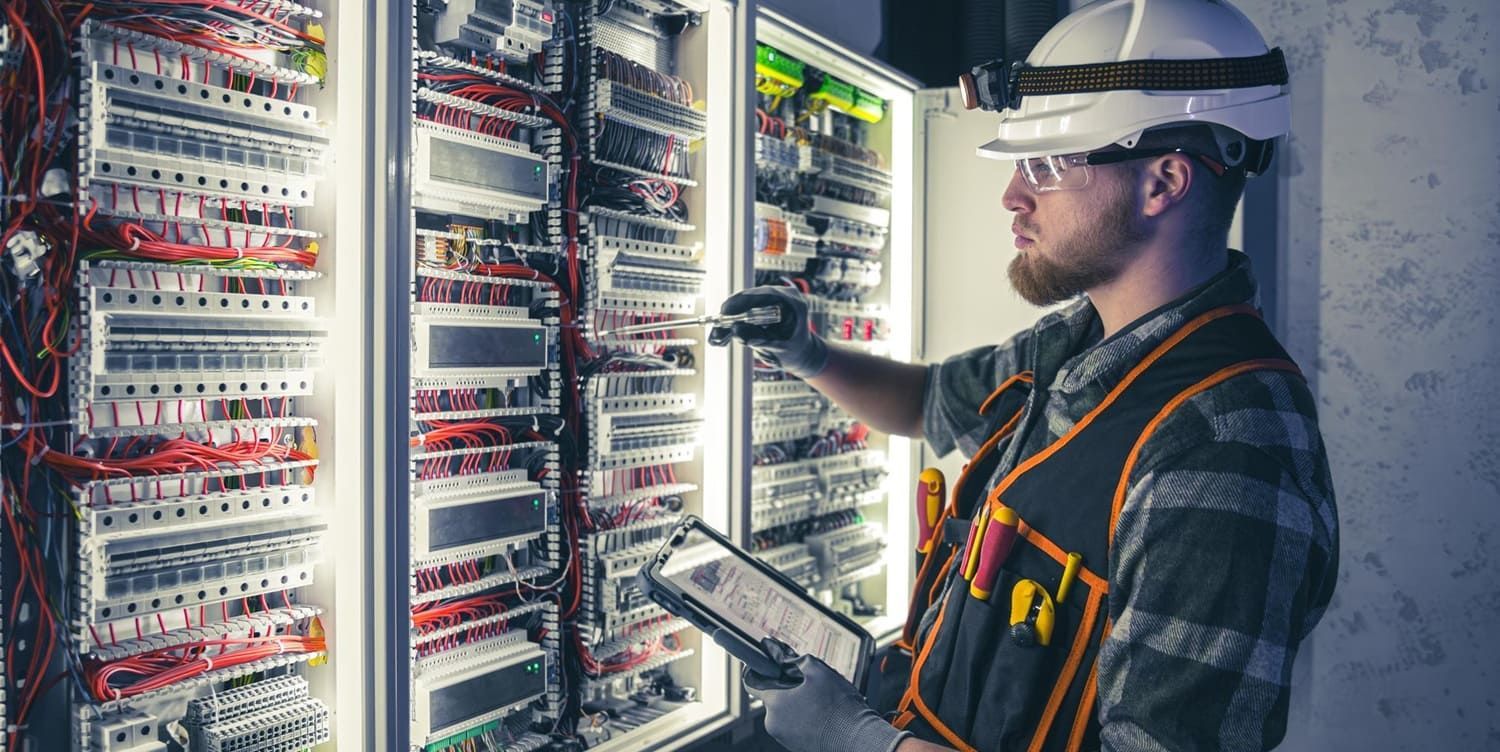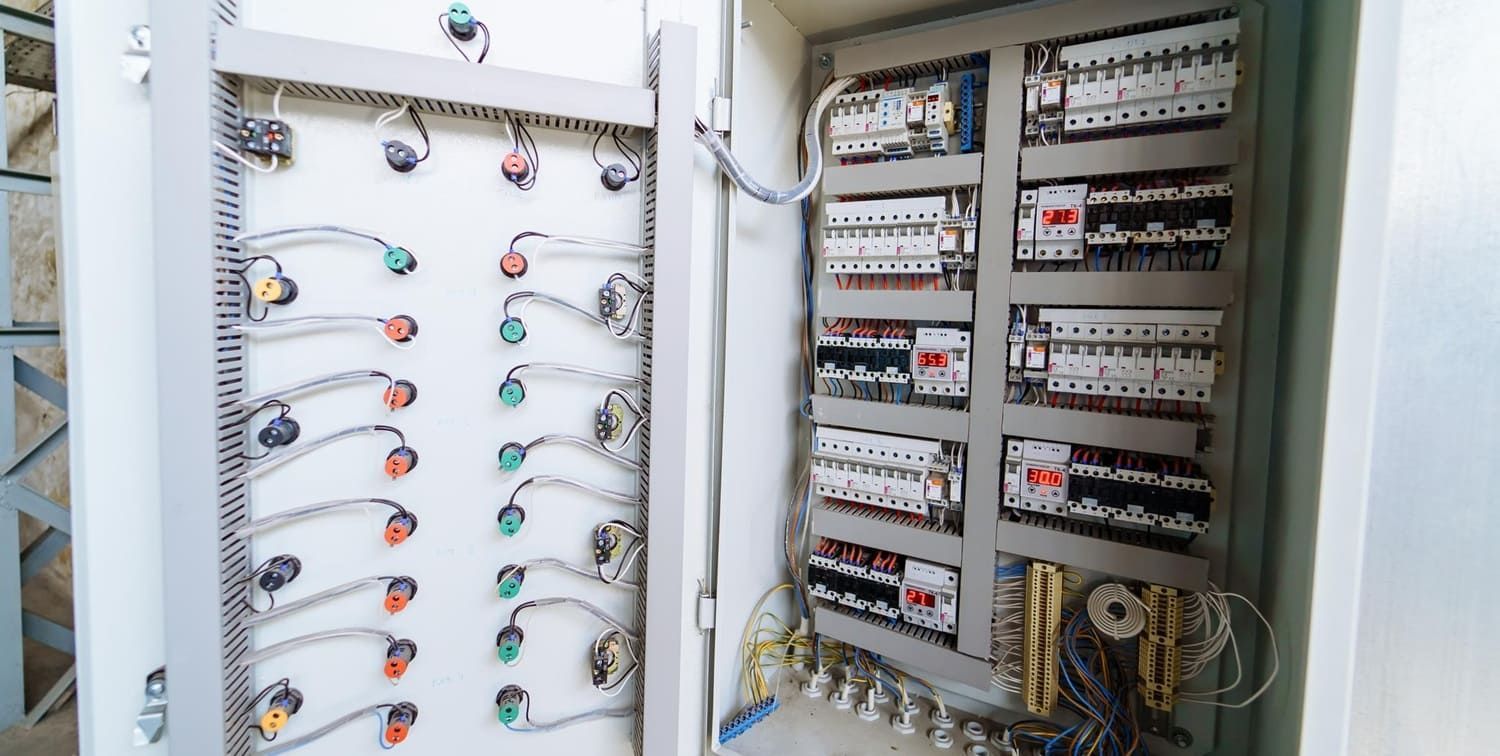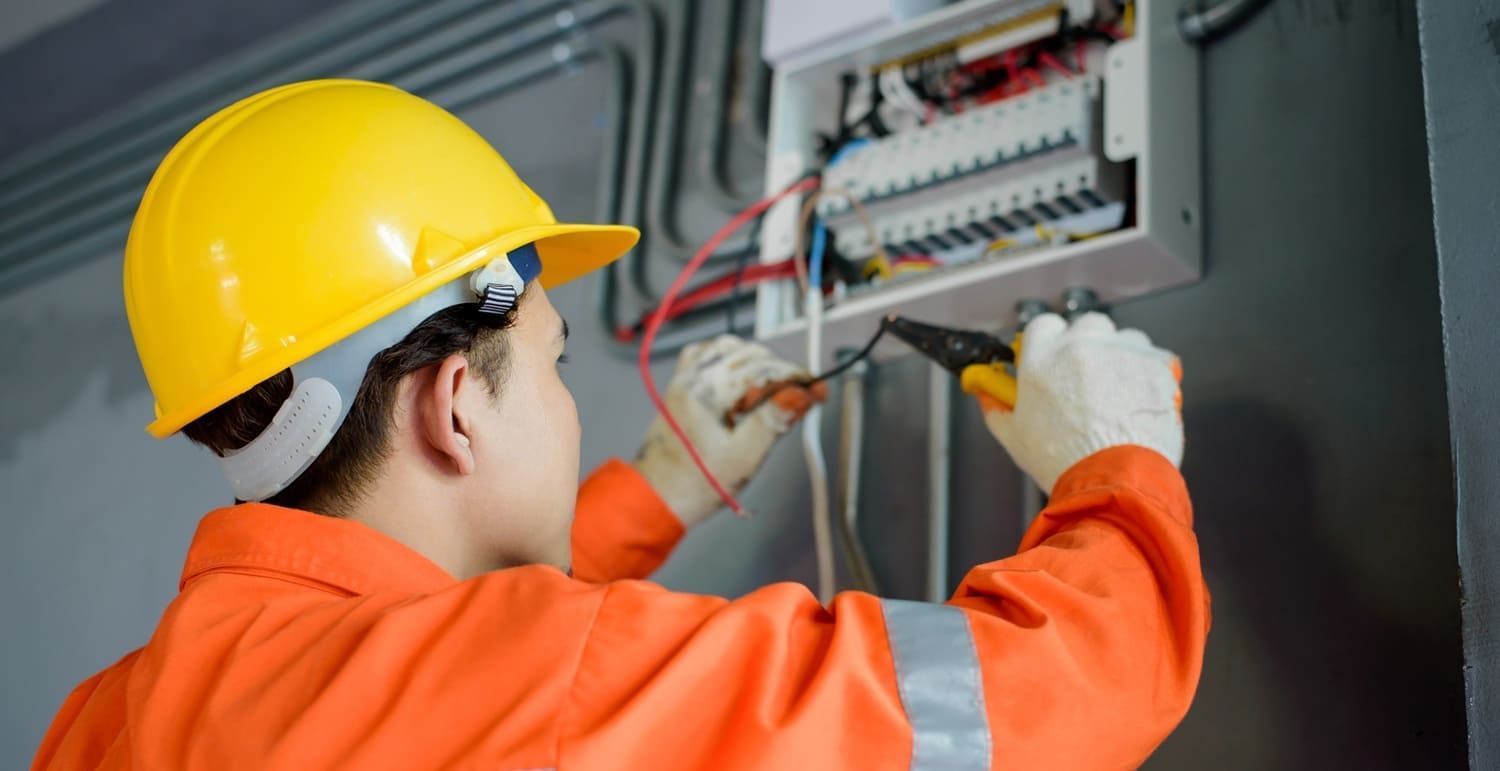Upgrading Your Panel? What Homeowners Need to Know
In this comprehensive guide, we'll delve into everything homeowners need to know about electrical panel replacement and upgrades. We'll explore the reasons you might need an upgrade, outline the process involved, and provide insights on selecting the right professional for the job. By the end, you'll be equipped with the knowledge to make informed decisions about your home's electrical infrastructure, ensuring it meets current demands and future needs.
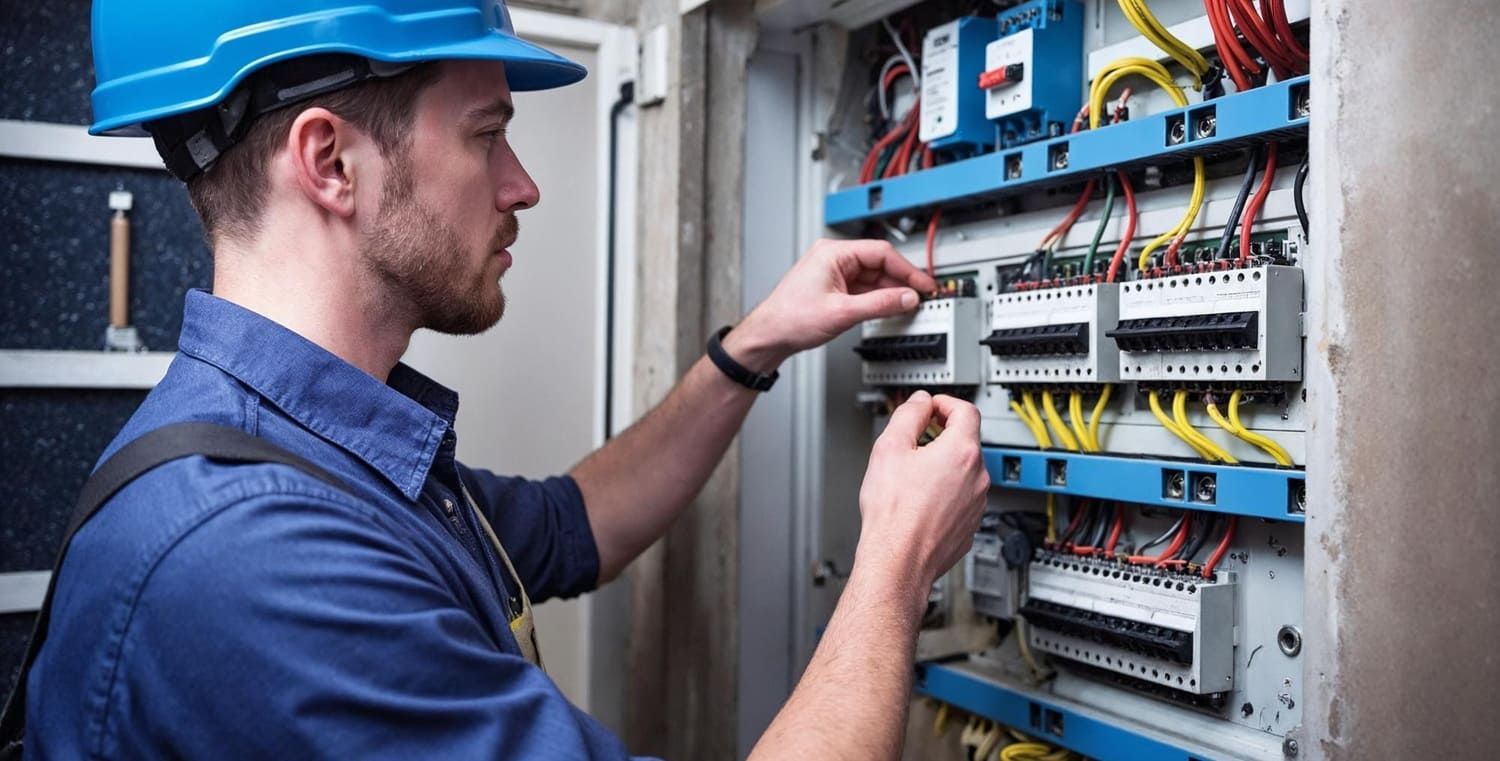
Why Upgrade Your Electrical Panel?
Safety Concerns
One of the foremost reasons to upgrade your electrical panel is to enhance the safety of your home. Older panels often lack the capacity to handle modern electrical loads, which can result in overheating and increase the risk of electrical fires. These panels might have been installed decades ago when the average household electrical demand was significantly lower. Over time, they can develop wear and tear that compromises their effectiveness and safety.
Additionally, outdated panels may be missing essential safety features such as proper grounding and circuit protection. This absence can lead to electrical shocks or damage to appliances, posing a risk to both people and property. Upgrading to a modern panel equipped with advanced safety features is a proactive measure to protect your home and loved ones from potential electrical hazards.
Increased Power Demand
In today's world, homes consume more electricity than ever before due to the proliferation of electronic devices, appliances, and smart home technology. If you frequently experience tripped circuit breakers or find yourself needing to unplug devices to prevent overloads, it may be time to consider an upgrade. These symptoms are clear indicators that your current panel cannot keep up with your household's power demands.
Upgrading your panel can provide the additional circuits and capacity needed to power your home efficiently. This improvement ensures that you can enjoy your electronic devices and appliances without interruption, enhancing your home's functionality and convenience. Moreover, a new panel prepares your home for future technological advancements and energy needs.
Home Renovations
Planning major home renovations, such as adding a room, installing a new kitchen, or setting up a home office, often necessitates an electrical panel upgrade. These projects typically require additional circuits and power capacity that your existing panel may not be able to support. An upgrade ensures that your electrical system can handle the increased load, preventing potential issues during and after the renovation.
Moreover, an upgraded panel can accommodate the modern amenities and appliances that often accompany home renovations. Whether you're installing high-tech kitchen appliances or setting up a state-of-the-art home entertainment system, a new panel provides the infrastructure needed to support these enhancements. This foresight not only supports your current projects but also adds value to your home in the long run.
Understanding the Electrical Panel Upgrade Process
Assessing Your Current Panel
Before embarking on an upgrade, it is crucial to assess the condition and capacity of your current panel. Start by checking the panel's amperage rating, which is typically labeled on the door. Most modern homes require at least a 200-amp service, while older homes might have panels rated at 60 or 100 amps. This assessment will help determine if your panel is adequate for your needs or if an upgrade is necessary.
In addition to amperage, inspect your panel for signs of wear, such as rust, burn marks, or any unusual noises. These are clear indicators that your panel is outdated or compromised and needs replacement. By performing a thorough assessment, you can make an informed decision about the necessity and urgency of an upgrade, ensuring that your home's electrical system is safe and reliable.
Choosing the Right Panel
When selecting a new panel, consider several key factors to ensure it meets both current and future electrical needs:
- Amperage: Ensure the new panel can handle your home's current and future electrical needs. A 200-amp panel is suitable for most homes, but larger properties or those with high power demands may require a 300 or 400-amp panel. This foresight helps avoid the need for another upgrade as your electrical demands grow.
- Space for Expansion: Choose a panel with enough circuit slots to accommodate future additions. It's better to have extra slots available than to run out of space later on. This flexibility allows you to seamlessly integrate new appliances or systems without overloading your electrical infrastructure.
- Brand and Quality: Opt for a reputable brand known for durability and reliability. A high-quality panel can save you money on repairs and replacements in the long run. Investing in a trusted brand ensures that your panel will perform effectively and efficiently over its lifespan, providing peace of mind and long-term savings.
Hiring a Professional Electrician
Upgrading an electrical panel is not a DIY project; it requires the expertise of a licensed electrician. When hiring an electrician, consider several important factors:
- Experience and Credentials: Ensure the electrician is licensed, insured, and experienced in panel upgrades. Ask for references and check online reviews to gauge their reputation. A well-qualified electrician will not only perform the upgrade safely but also advise on the best solutions for your home.
- Quotes and Estimates: Obtain multiple quotes to compare prices and services. Be wary of unusually low estimates, as they may indicate subpar work or hidden fees. It's essential to choose an electrician who offers a fair price while maintaining high standards of workmanship and customer service.
- Permits and Inspections: A reputable electrician will handle the necessary permits and coordinate inspections with local authorities to ensure the upgrade meets code requirements. This step is crucial for ensuring that your new panel is compliant with safety regulations and building codes, protecting you from potential legal or insurance issues.
What to Expect During the Upgrade
Preparation and Planning
Before the upgrade begins, the electrician will conduct a thorough review of your home's electrical needs and discuss the best options for your new panel. This consultation ensures that the chosen panel aligns with your current demands and future plans. The electrician will also arrange for the necessary permits and inspections, streamlining the process and ensuring compliance with local regulations.
During this planning phase, it's essential to discuss any specific requirements or concerns you have about the upgrade. Open communication with your electrician will help address any potential issues in advance, leading to a smoother installation process and a satisfactory outcome.
Installation Process
The installation process typically involves the following steps:
- Power Shut Off: The electrician will temporarily shut off power to your home to ensure safety during the installation. This precaution prevents electrical hazards and protects both the electrician and your home during the upgrade.
- Old Panel Removal: The existing panel will be carefully removed, and the wiring will be disconnected with precision. This step requires skill to avoid damaging the electrical system and to ensure a seamless transition to the new panel.
- New Panel Installation: The new panel will be installed, with the wiring reconnected and organized within the panel. This organization is crucial for efficient performance and ease of future maintenance or upgrades.
- Testing and Inspection: Once the installation is complete, the electrician will conduct thorough tests to ensure everything is functioning correctly. A final inspection by a local authority may also be required to certify that the installation meets all safety and code requirements, providing peace of mind and legal assurance.
Post-Installation Considerations
After the upgrade, it's essential to familiarize yourself with the new panel's layout and labeling. Ensure all circuits are correctly labeled for easy identification in the future. This step simplifies troubleshooting and maintenance, saving time and effort in the long run.
Additionally, keep a record of the installation, including permits and inspection reports, for future reference. This documentation can be invaluable for future upgrades, home sales, or insurance purposes, ensuring that you have a complete history of your home's electrical system.
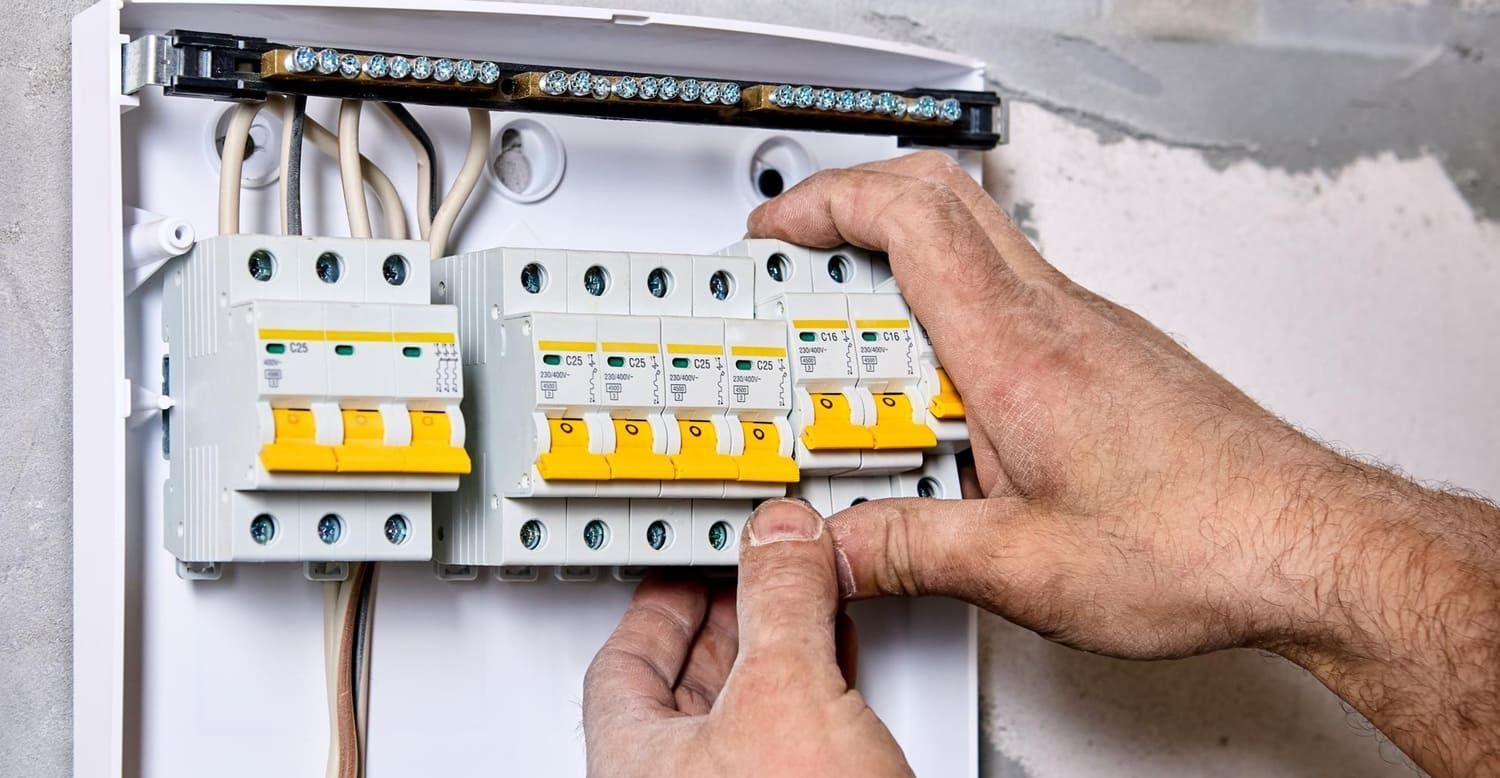
Benefits of an Electrical Panel Upgrade
Improved Safety and Reliability
A new electrical panel significantly reduces the risk of electrical fires, shocks, and damage to appliances, providing peace of mind for you and your family. This improvement is particularly valuable in older homes where outdated panels may pose a significant safety risk. By investing in a modern panel, you prioritize the well-being of your household and protect your investment in your home.
Enhanced Electrical Capacity
An upgraded panel can handle the demands of modern technology and home improvements, ensuring a stable and efficient power supply. This capability allows you to enjoy your electronic devices, appliances, and smart home systems without interruption. The enhanced capacity also supports future technological advancements, making your home adaptable to changing electrical needs.
Increased Home Value
Upgrading your electrical panel can increase your home's resale value by making it more attractive to potential buyers who prioritize safety and modern amenities. A new panel signals that your home is well-maintained and equipped to handle contemporary electrical demands, setting it apart in a competitive real estate market. This investment not only benefits your daily life but also enhances your property's long-term value.
Conclusion
Buell Electric, Inc. – Certified Expert Electricians proudly serving Pinellas County, Hillsborough County, and Pasco County, including Tampa, Clearwater, Saint Petersburg, Largo, Port Richey, New Port Richey, Seminole, Tarpon Springs, Hudson, Holiday, Lutz, Pinellas Park, Belleair Beach, Dunedin, Oldsmar, Ozona, Elfers, Bay Pines, Crystal Beach, Safety Harbor, Odessa, Clearwater Beach, Westchase, Citrus Park, Town 'n' Country, and surrounding Florida areas. Contact us today for a free estimate on your electrical needs.
An electrical panel upgrade is a worthwhile investment for any homeowner concerned about safety, efficiency, and home value. By understanding the reasons for an upgrade, the process involved, and the benefits it brings, you can make informed decisions that will enhance your home's electrical system for years to come. Always consult with a licensed electrician to ensure the job is done safely and to code, providing a secure and reliable electrical foundation for your home.
FAQs: What Homeowners Should Know About Electrical Panel Upgrades
What is an electrical panel upgrade, and why might I need one?
An electrical panel upgrade involves replacing your home’s existing breaker box with a newer, higher-capacity model. You may need one if your current panel is outdated, frequently trips breakers, or can’t support modern appliances and home technology.
How do I know if my home needs an electrical panel upgrade?
Common signs include flickering lights, frequent breaker trips, buzzing sounds from the panel, or the inability to use multiple devices at once. If you're adding new systems like EV chargers or HVAC units, an upgrade may be required to handle the increased load safely.
Are older electrical panels dangerous?
Yes, outdated panels—especially those from brands like Zinsco or Federal Pacific—can pose serious fire risks. They may fail to trip during electrical faults, leading to overheating or electrical fires. Upgrading improves both safety and code compliance.
How much does it cost to upgrade an electrical panel?
Costs can range from $1,500 to $4,000 or more, depending on panel size, labor, and local permit requirements. While it’s a significant investment, it's often necessary for modernizing your electrical system and protecting your home.
Do I need a permit or inspection for an electrical panel upgrade?
Yes, in most areas, permits and inspections are required by local code. Licensed electricians handle this as part of the service to ensure your upgrade is legal, safe, and properly documented.
Can I upgrade my electrical panel myself?
No. Electrical panel upgrades must be done by a licensed electrician due to the complexity and danger involved. DIY electrical work can void insurance, violate building codes, and put your home and family at risk.
